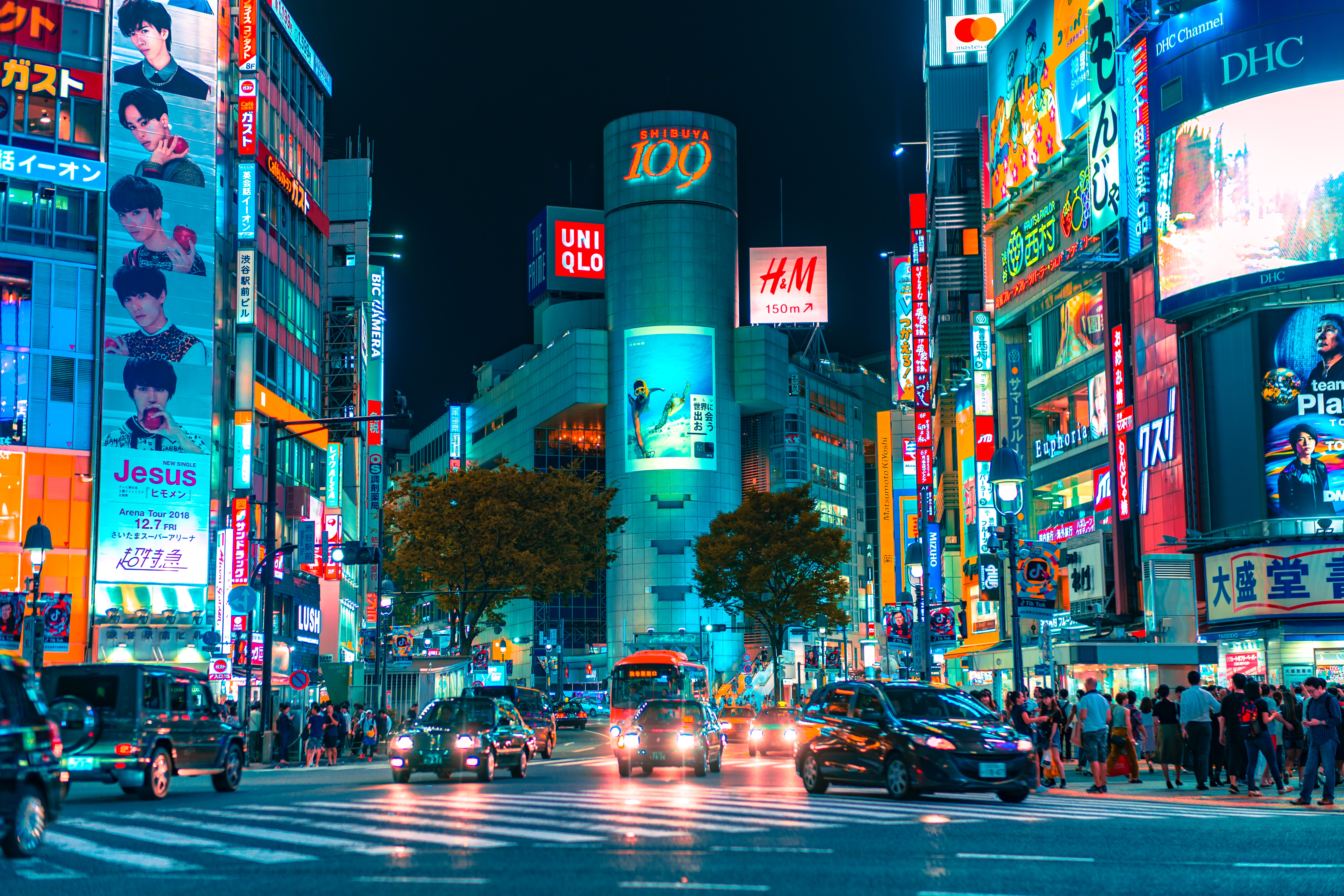Every country has its own nuances when it comes to life at the office. From how many hours you’re expected to work, to how you should address your boss, to what attire you should wear - the norms vary drastically depending where you are.
If you’re heading to Japan for work, reading travel guides and learning about tourist destinations will help you figure out the fun stuff. But when it comes to your office, there’s plenty to know before you arrive. Here is some essential context around working life in Japan.
1. Japanese Workplaces Tend To Be Less Casual
From “Casual Fridays” to calling everyone by their first names, you’ll find that American offices have a more relaxed vibe than the average Japanese office. Most businessmen, or “salarymen” in Japanese, wear traditional suits year-round. Women tend to wear the business professional equivalent - suits or skirts and blazers with formal shoes.
Also, Japanese people do not refer to each other by their first names in the office. Instead, people are referred to with their position in their names. For example, Mr. Suzuki the section manager is “kacho” (section manager) or “Suzuki Kacho”. Peers and subordinates are usually referred to with their family name and the suffix -san. For example, your friend Mr. Adachi would be Adachi-san. Clients and seniors would receive the suffix –sama, which is much more formal than -san.
2. Punctuality and Structure Is Very Important
Because Japanese culture is based around the concept of respect and hierarchy, punctuality is a cornerstone of professional life. If you have a meeting at 10 AM, you’ll likely find most of the attendees ready and waiting at the designated meeting spot around 9:50 AM. Even business-social events start exactly on time. Unlike in America, it’s not customary to leisurely make your way in, 45 minutes past the start time.
At the start of a meeting, you may see individuals exchanging business cards to clarify the hierarchy of who is in charge. You’ll also notice that all documents are placed carefully around the table and are expected to be carefully considered. What won’t you find? Haphazard notebooks with scribbles, or folders stuffed with disorganized papers.

3. Physical Contact Is Rare
There is no shaking hands, no hugs, and certainly no kisses on the cheek in Japanese business culture. You’re much more likely to find colleagues bowing to each other in greeting or in the hallways. Bowing, with your hands at your sides (men) or straight down the front of your body (women), is a sign of respect and politeness.
4. Socializing Isn’t Optional
One large part of Japanese working culture takes place after the formal workday in restaurants or bars. If you’re invited to attend a work dinner, you shouldn’t bow out just because you feel jet-lagged or aren’t particularly bothered to go. You’ll be expected to accept invitations and partake in the activity, which is seen as an extension of the workday.
Even though these social occasions are critical opportunities to establish relationships with your clients and colleagues, don’t disclose a lot of personal information about your family life. You also shouldn’t expect or solicit those disclosures from others. Much like in most Western cultures, money, sex, religion, dirty jokes, and politics are not considered courteous topics for discussion in professional settings.
5. The Group Is Sacred
For entrepreneurs and leaders across America, it’s fairly accepted that some types of people work better on their own with little oversight. In Japan, don’t expect to see the same type of acceptance of roguish individualism.
While Americans may value individual freedoms, Japanese workers tend to focus on the interests of the group. Leaders are usually viewed as benevolent, and all individual efforts are meant to serve the larger collective of the group. Employees often get approval from their superiors for all decisions. There’s even a common mantra for this phenomenon, known as Ho-Ren-So, from Houkoku (report), RenRaku (contact), Soudan (consult).

6. Don’t Expect To Be Direct
In the workplace, Japanese people tend to avoid saying a direct “no.” If you hear “maybe” or “we’ll see” or “let’s revisit that,” think carefully about the context around what you’re hearing. It may be a “no” disguised as a politer, gentler letdown. Being direct in general, especially around decisions and ultimatums, is seen as disrespectful. It’s also disrespectful to make aggressive, direct eye contact, especially with someone in a superior position.
That doesn’t mean that direct decisions aren’t made. Usually, they go up to the person with the highest authority, who confers with the team. Ultimately, you’ll expect to see a written contract and a more formalized decision-making structure. Don’t expect to ink a deal with a handshakes and banter over drinks.
One (unfortunate) commonality between Japanese and American working cultures is that in both places, business people often work long hours with few breaks. In Japan, extreme cases have even led to karoshi, which translates to “death by overwork.” Americans are familiar with the phenomenon of not using all alloted vacation days, or feeling a sense of guilt whenever they take time from work.
In that sense, as an American visiting Japan, you may find a familiar culture within the strenuous pace of work and long hours in the office. When you’re there, if ever you’re in doubt, you can err on the side of caution and formality. Usually, that will keep you out of trouble!
If you’d like to wow your colleagues and brush up on the Japanese language, there’s a class for that. Try Fluent City today!

 Spanish
Spanish
 French
French
 Italian
Italian
 Arabic
Arabic
 Portuguese
Portuguese
 German
German
 Chinese
Chinese
 Japanese
Japanese
 Russian
Russian